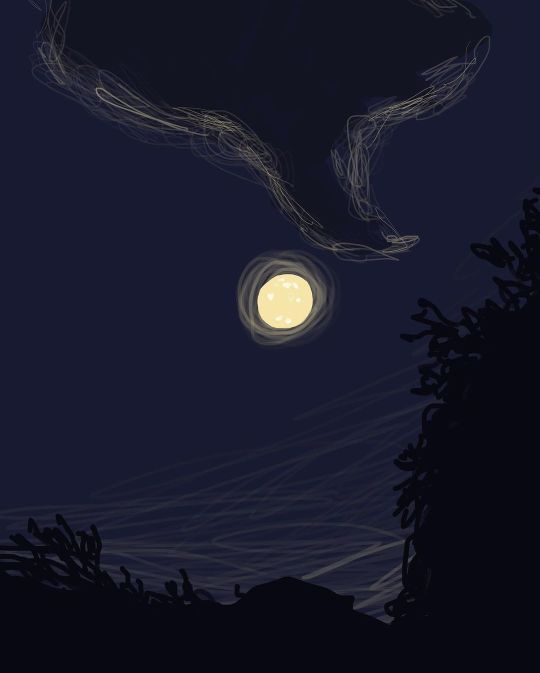#le breton
Photo

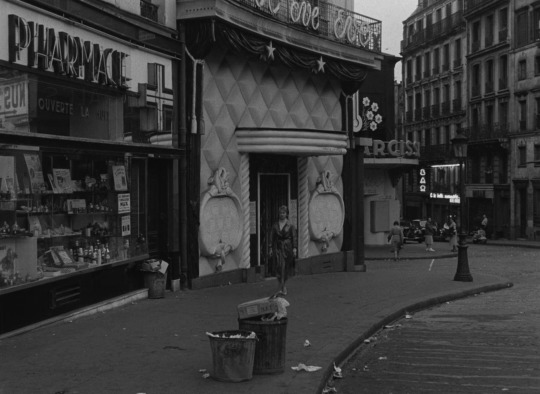
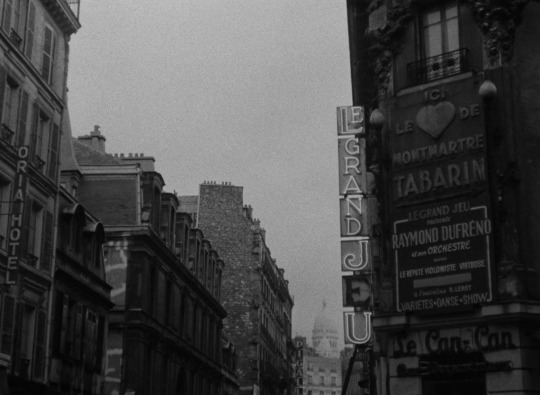


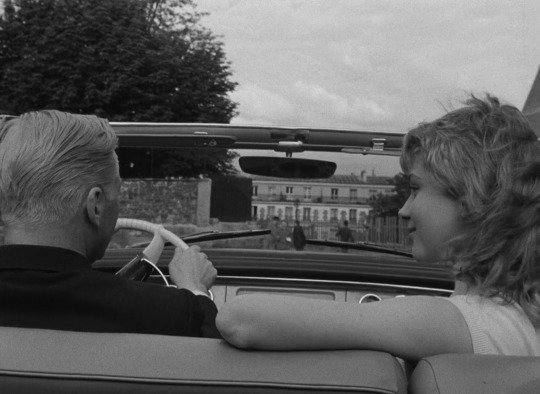


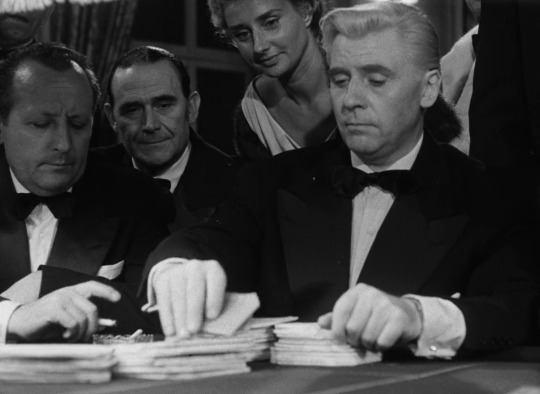
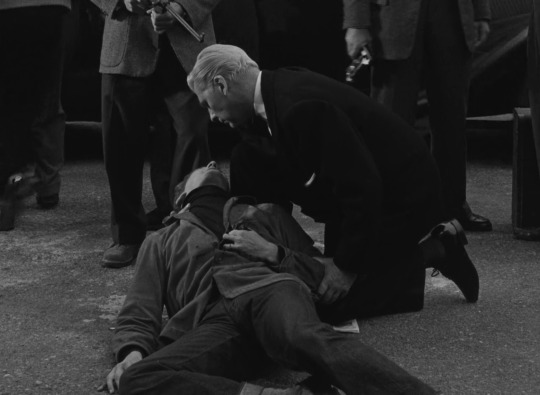
Bob le flambeur (1956)
#film#movie#Bob le flambeur#bob il giocatore#noir#melville#le breton#Maurice Blettery#Henri Decaë#Isabelle Corey#Roger Duchesne
10 notes
·
View notes
Text
ive just had the greatest galaxy brain moment of my life i just need to animate it real quick
#lyon au#its my connected the dots moment#like#breton zoro+sanji+paysaN BRETON LA POINTE DE SEL LE NOUVEAU LA POINTE DE SEL DE PAYSAN BRETON
902 notes
·
View notes
Text

La pelle è un sottile foglio di tessuto che avvolge il corpo.
Fisiologicamente essa è un organo piuttosto semplice;
dal punto di vista sociale e psicologico, invece, è un organo
altamente complesso.
La pelle è un confine tra il mondo esterno e quello interno,
tra l’ambiente e il proprio sé.
David Le Breton
52 notes
·
View notes
Text
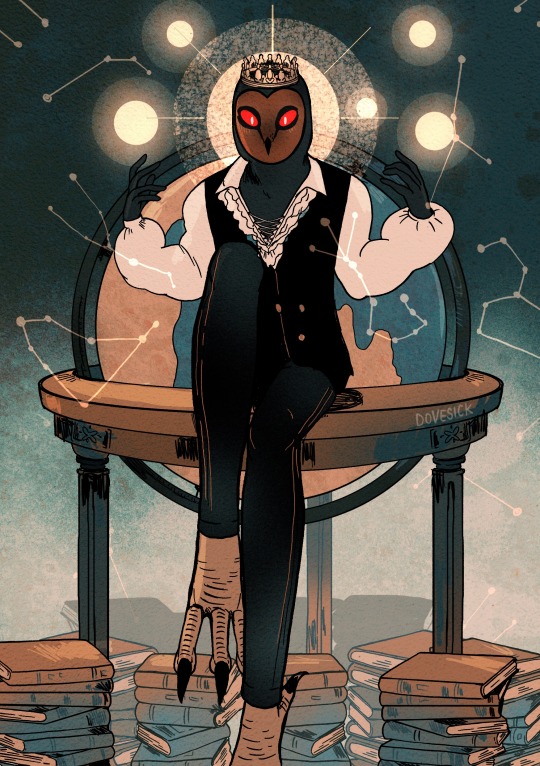
stolas, the demon astronomer
#demon art#lemegeton#anthro art#furry art#bird anthro#stolas#stolas goetia#this is the first of a series based off louis le breton’s lemegeton illustrations#i’m absolutely obsessed with them#there’s so many cool ones including lots of bird demons#but stolas is my favourite bc he is an adorable long leggy owl#idk if u guys have seen the pics#he’s so cute ;A;#i think i might draw scox/shax next#he’s a super cool stork#i made stolas a melanistic barn owl bc their feathers look like galaxies
60 notes
·
View notes
Text
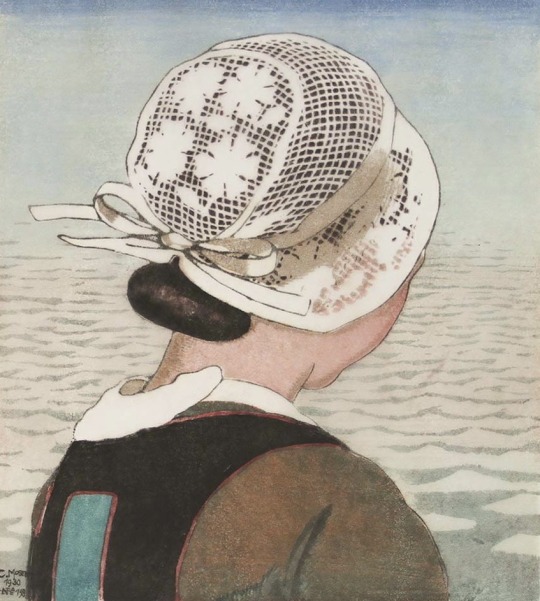


Carl Moser, Bretonisches Mädchen (Breton Girl), 1930
#carl moser#austrian artist#austrian painter#austrian art#Austrian painting#portrait#portrait painting#portrait art#breton#france#french art#les nabis#modern art#art history#aesthetictumblr#tumblraesthetic#tumblrpic#tumblrpictures#tumblr art#aesthetic#beauty#tumblrstyle
22 notes
·
View notes
Text
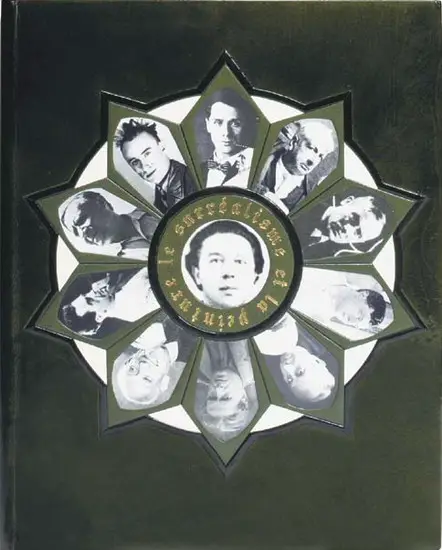
Andre Breton, Le Surrealisme et la peinture
20 notes
·
View notes
Text
ive read that at some point, Tolkien took his inspiration from Breton culture to create his fABULOUS and fantastic and wonderful world, and as a french it makes me laugh so hard like I imagine merry and pippin singing tri martolod while eating a kouign amann and proudly parading around with a Breton flag, because this is what our beloved bretons do all the time
#don't mind me i'm having a moment#tolkien#up the baguette#vive les bretons#jolkien rolkien rolkien tolkien
8 notes
·
View notes
Photo

URUS, petit Trait breton, bai, 1 m. 52, 4 ans en 1924, par Chiny, Trait ardennais aux Haras, à M. Kermen, de Callac. Région de Cornouailles (Côtes-du-Nord)
Acheté pour les Haras Nationaux en 1924
Cliché E. Frouin
Stud Book No 6321
E. Frouin, 1927, Le Cheval Breton.
#Petit Trait breton#Breton#cheval de trait#étalon#Urus#stallion#draft horse#draught horse#E. Frouin#1927#Le Cheval Breton
22 notes
·
View notes
Text

“Sakimouni ou Saki-Mouni” by Louis Le Breton 🐰🌕
Published in Dictionnaire Infernal by Jacques Auguste Simon Collin de Plancy (1863) 🤘🖤
Wikimedia Commons
#sakimouni#dictionnaire infernal#louis le breton#collin de plancy#hate#rabbit#demonolatry#theistic satanism#spiritual satanism#satanic witch#dark pagan#dark paganism#paganblr#witchcraft#witchblr#occult#left hand path#demons#full moon#dark art#art#19th century art#spirituality
36 notes
·
View notes
Photo
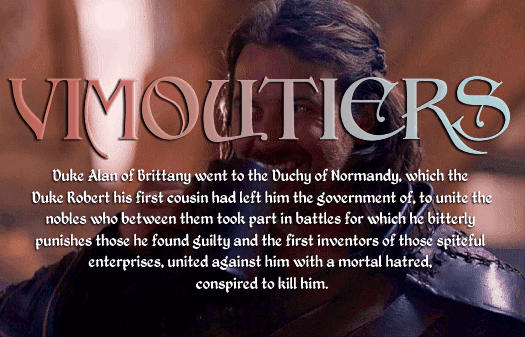
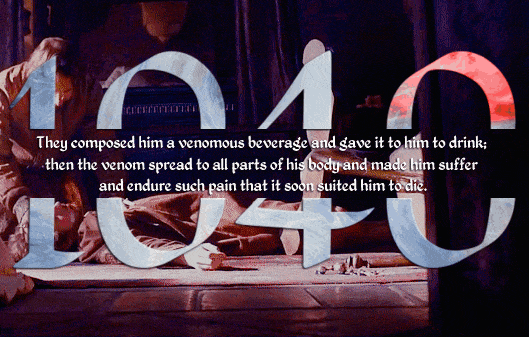


As soon as the unfortunate Conan was in Château-Gontier he was “seized in the heart and suddenly died” in horrible convulsions, “just like his father had died”.
-C. Barbier, Les Ducs de Bretagne
#historyedit#eleventh century#alan iii#konan ii#first quote from Cronicques et ystoires des Bretons by Pierre le Baud#the second is from Documents sur Château-Gontier première baronnie de la province d'Anjou by M. Foucault#my edit
19 notes
·
View notes
Text
Those not of House Hlaalu might have said, – even as my heart pounded more urgently than the corridor-clock, – that I need not worry: that an audience with the Duke was nothing but a relief, where I might have had a dagger in my heart, or a brick through my window. – To which I, so firmly in Hlaalu that I might as well follow its customs to the letter, might reply: that in Morrowind, the houses have hardly any windows, and one must aim elsewhere. In not telling me his purpose, he’d already intimidated me: such that when he invited me in, perfectly cordially, I must look straight at his arching brow to avoid his eyes.
I had hardly met Duke Vedam Dren: and in that moment, saw nothing of his daughter in him. His House and home were as much theatres as each other; and I must likewise keep my role. I’d never found it so difficult. A dagger to my heart, might have missed before as easily as a brick through a window; but now, with something to strike, for the first time in my life, I feared the blow.
Greeted him with as much respect as he deserved; avoided business with formalities; until at last he must cut me off and reach behind him and put a badly-cut letter in my hands.
‘I don’t suppose you’d care,’ said the Duke, ‘to explain this?’
I distracted myself with the handwriting, which had a sort of familiarity to it; wondered if I knew it, recognised at last the regularity of an Imperial education; and abandoning that study, must look at the words. The letter was not signed; but had nothing else of the Hlaalu in it; for it addressed the Duke in no uncertain terms, as the future saviour of his daughter and her virtue.
Your daughter, it said, – as prosaically as I, terrified to imagine more, had feared, – is the object of Lunette’s most recent affair of conquest.
The letter did not mention once the word love; though it skated around it, and by it, coincided often with battle. To this poison-pen, I was shallow, callous, stealing hearts as easily as everything else; and not stopping, until my dagger was through them. Such accusations might have evoked my outrage; save that I’d already prepared for them, as best I could; and save that, in long overthinking nights, I’d so agreed with them, that in darkness and privacy, I’d had to jump back onto my stage, for fear of myself. – The letter, in short, told the Duke that Ilmeni was not my first conquest: that I made a trade of seducing or courting or flattering people of importance, until I had no use for them any more: no doubt she is but a stepping-stone, sir, to manipulating you.
The poor innocent woman, who’d come between me and my ambition!...
And now her father, who perfectly masked, let me read the thing; and then putting his hands together, studied me almost with pity.
‘Really,’ said the Duke, ‘I do not know what to make of it. This House, I believe, was founded on social climbing. I expected little less, of an ambitious new member.’
We had first met at the fundraising dinner: he’d bowed to me, in a disinterested sort of way; and smiled, when I’d put on my airs and accents. He’d probably seen so many like me, that at the time, he’d quite ignored the fancy I’d taken to his daughter. I almost had myself. – Whoever had written the letter, did not know how our House worked; yet knew enough, to have discovered my secrets; I became flustered, had thought I’d kept myself far from prying eyes, and especially those so clumsy and direct.
Such was my consternation, that I did not notice the Duke leaning closer; until I found my eyes not upon his brow, but right in his; the man before me not the character who’d greeted me, but rather a man and father. A man who despite my efforts at hiding my discomfort, had seen it, –
‘What I wish to say, Lunette,’ said he: ‘is that there is a spite in this letter which I do not like: but nevertheless, though I had wanted to dismiss it, I found that I could not. My daughter, Lunette, –’
I trembled, at the thought of her.
‘My daughter,’ said he, ‘though dealt a good hand in our games, plays hers so badly, that she does not much at all; and her heart has never been frosted nor broken. If you wish to manipulate me, – the board is before you: you may make countless other moves, – but if I can have any sway over you, I’d ask that you not go through her.’
I who now had command of his eyes, sought everywhere for an anger so great, that he had pushed it deep into his stare; but finding nothing, knew I’d anticipated it all wrong, that this were not a brick through my window. It was but a plea: and I did not have to obey it, – he knew that! – Had he anticipated this meeting, – had he known I’d blush?
But blush I did: this wrenching at what little heart I had! – ‘I shan’t,’ said I, ‘and, – your Grace, – I never have.
‘I never have,’ said I again: and stood, though he yet sat paternal before me: and though they were his eyes before me, I saw only those which imitated them, a lower younger brow, Ilmeni’s eyes!
#breton girl writes#oc:lunette#morrowind#based on that one bit in le rouge where monsieur de la mole receives a certain letter.... decided it would go a lot better in a setting#where to 'parvenir' is encouraged... still haven't decided who sends the letter yet though
36 notes
·
View notes
Text

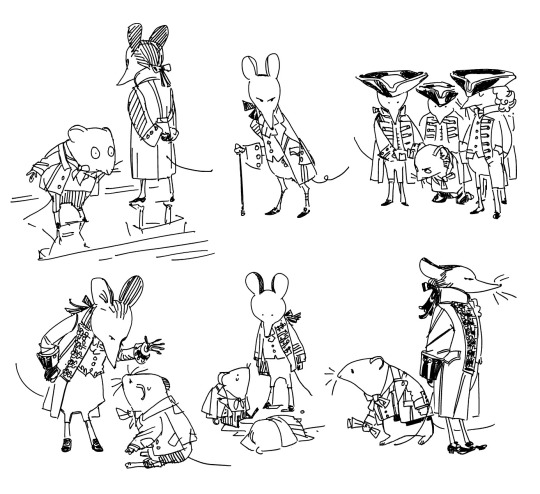
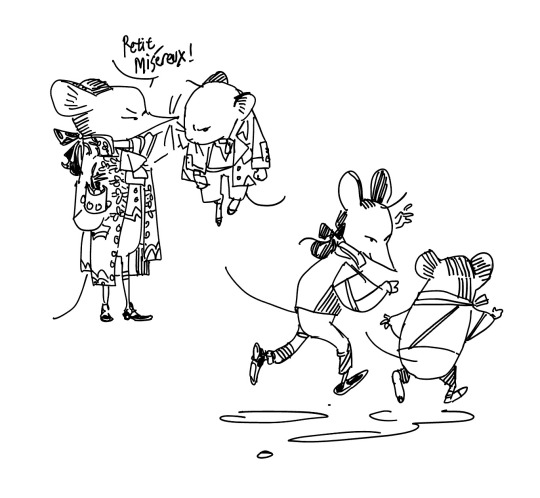
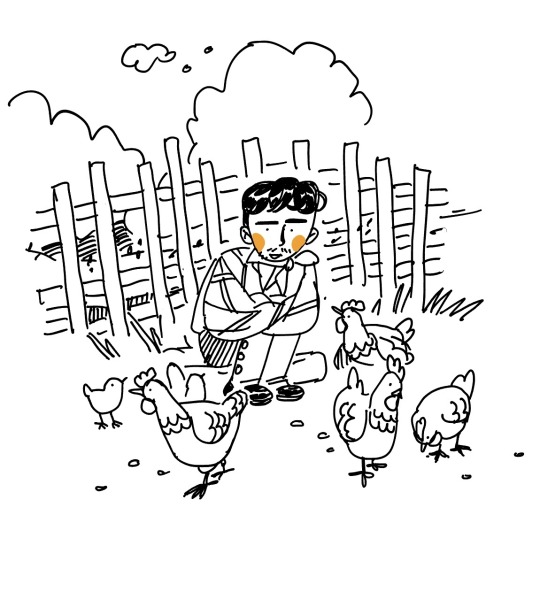

#1789 les amants de la bastille#my stuff#peyronan#in the early stages of furrification I made Lazare into a rat#until I figured out he was ‘un peu Breton’ and changed him into an ermine
41 notes
·
View notes
Text

The Death of Robert le Fort in the Battle of Brissarthe, 866 by Henri Lehmann
The Battle of Brissarthe was fought on 2 July 866, between the Franks and a joint Breton-Viking army near Brissarthe, Neustria. It was marked by the death of Robert the Strong, the Neustrian margrave, and Ranulf I, the duke of Aquitaine.
#battle of brissarthe#death#robert le fort#robert the strong#franks#bretons#vikings#brissarthe#neustria#neustrian#art#henri lehmann#history#europe#european#knights#medieval#middle ages#france#west francia#kingdom of the west franks
26 notes
·
View notes

